Separation anxiety
From around 6 months, babies become anxious and get clingy and cry when their parent or carer leaves them. This is a normal part of development, which young children usually grow out of by around 3 years.
What’s normal?
At around six months, babies will start to become anxious when their parent or primary caregiver leaves them. They’ll also get quite clingy and cry. This is a normal part of development, which children usually grow out of when they reach around three.
When a child starts to experience separation anxiety it’s a sign that they have begun to realises how much they rely on their carer. They will also have developed more awareness about what is going on around them. All this means they feel less safe when they don’t have their carer close by. They may also feel upset in new situations or with new people, even if their carer is there. For a baby, it’s particularly frightening to lose sight of their caregiver. Babies can panic that people or things may have gone for good, if they aren’t able to see them.
When a toddler is separated from a parent or carer, it can feel to them as though they have been ‘left’. They might think, “If you really loved me you would never leave me!” But the fact is that most toddlers will experience being separated from their parent or carer at certain times, and although they can find these times upsetting, the toddlers will learn to cope with them. If parents and carers can focus on consistently ensuring their child feels loved and understood, they’ll learn that when they are left it will be OK, and that their carer will come back.
Levels of separation anxiety vary widely. Some toddlers may become upset initially when their parent or carer leaves, but are then able to enjoy playing with their toys, and other children and caregivers. But others might not be able to be settled so easily when the caregiver has gone, and comforting or distracting methods don’t work on them.
In some situations, the fear of separation can become so intense that the child spends all their time monitoring where their parent or caregiver is, and not letting them out of their sight for a moment. In these cases, it’s very possible that the child won’t enjoy playing and interacting when the parent is gone. Usually, these responses to separation will lessen with time.
Also see: Relationship with the key person in a childcare setting
-
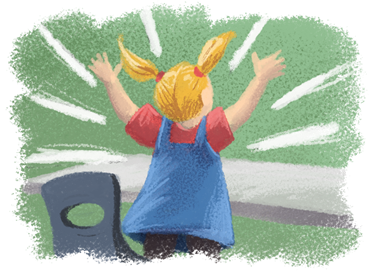
Aggression
A child needs an adult to help them to find ways to understand and express their difficult feelings. If a child feels anger very strongly, but hasn’t yet learnt what it is, it is likely ...
-
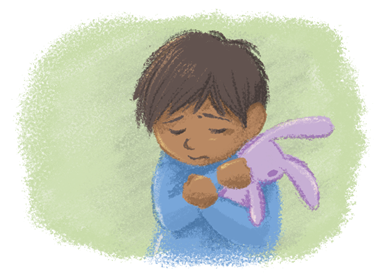
Anxiety
All babies and children from time to time will experience some fear or anxiety. They might do so when they come up against challenging tasks, unfamiliar people (known as stranger anxiety...
-
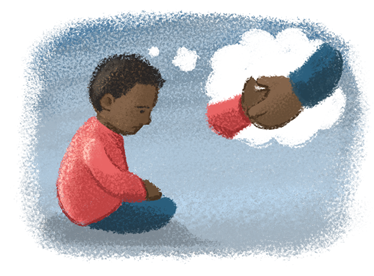
Bereavement
Because babies and young children are very aware of their environment and the emotions of those around them, it’s likely that they will notice if someone is no longer there - or if the a...
-
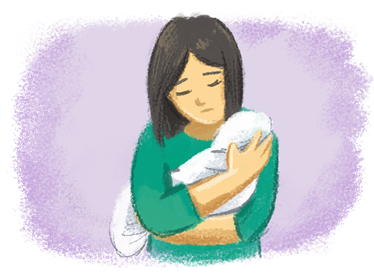
Crying
Babies and young children often cry as a way to communicate their needs and feelings. This is normal and healthy. Find out more on how to deal with crying.
-
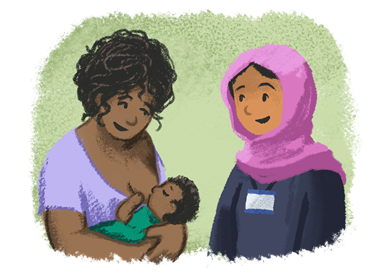
Infant feeding
All babies are different. Advice for childcare workers who support parents and carers with complicated emotions and issues around feeding.
-

Play
A child will use play to help them make sense of the world around them, and also to work through various emotions and experiences.
-
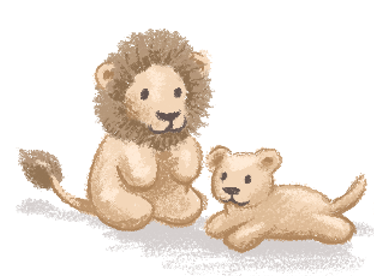
Relationship with the key person in a childcare setting
Advice on key workers or childminders on supporting babies, infants and young children with ensuring nursery and school remains an exciting and enriching experience.
-

Separation anxiety
From around 6 months, babies become anxious and get clingy and cry when their parent or carer leaves them. This is a normal part of development, which young children usually grow out of ...
-
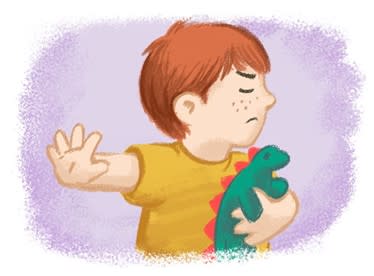
Sharing
Sharing is a really important ‘skill’ for children to acquire. It helps them connect with others and it is an important part of being able to form good social relationships based on coop...
-
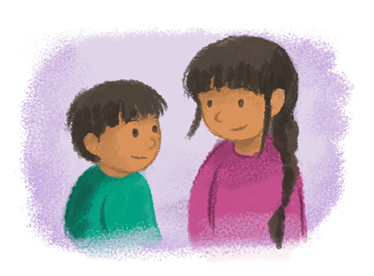
Sibling rivalry
Early years staff can play a crucial role in helping the older child have a sense of being their ‘own little person’ who is still loved and important. Find out more.
-
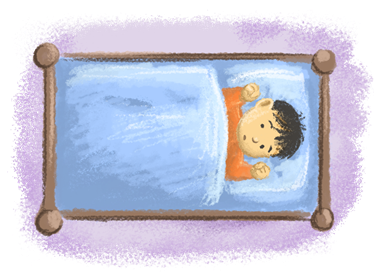
Sleep
As individuals, we all have our own sleep patterns and body rhythms, but when it comes to our ability to fall asleep easily and to stay asleep, our relationships can play a key role.
-

Tantrums
Tantrums happen when a child is feeling overwhelmed by an intense emotion that they aren’t able to process. Letting it all out by having a tantrum is the way they feel able to express ho...
-
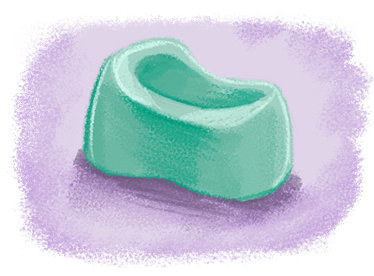
Toileting
In their second year, as toddlers’ bodies develop, they show signs of being ready to be toilet trained. Toddlers learn to recognise more subtle sensations in their anal and urethral area...
-
Trauma
Trauma is an emotional response to an event that is deeply frightening or distressing and can affect babies, infants and young children in ways they might not be able to communicate. Fin...
-
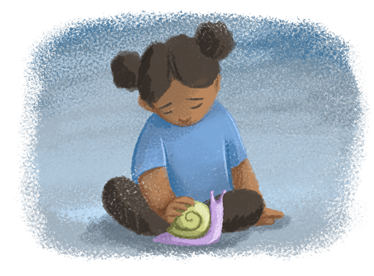
Withdrawn behaviour
Right from birth, babies have an inbuilt instinct to interact with their caregivers. But too much interaction or excitement can be uncomfortable for babies, and they need downtime as wel...
Other early years resources
We have a selection of resources for early years wellbeing including working with babies & young children on digital platforms.